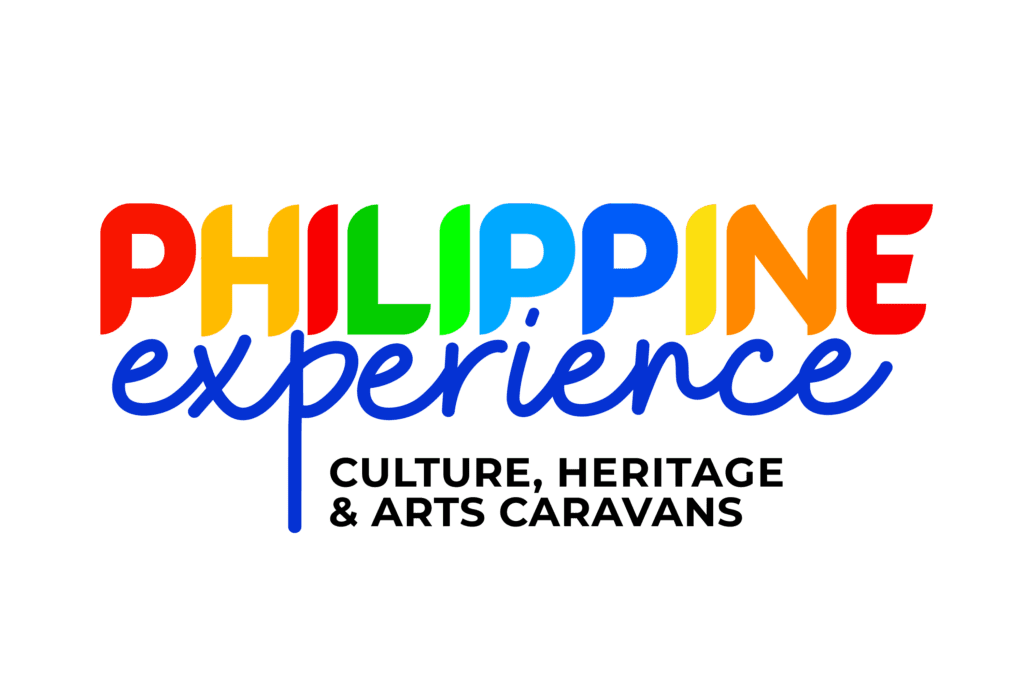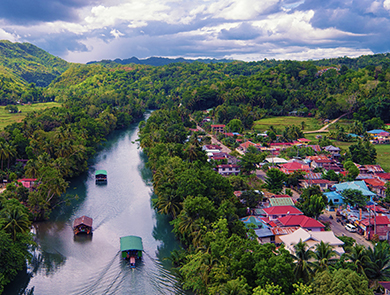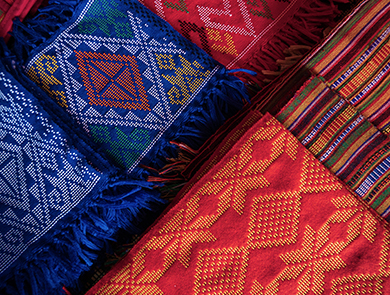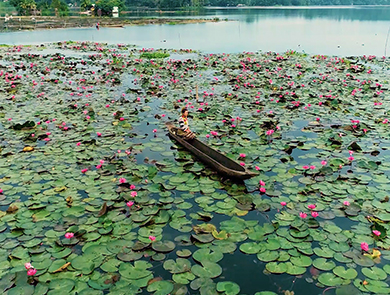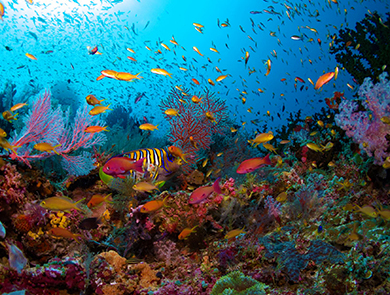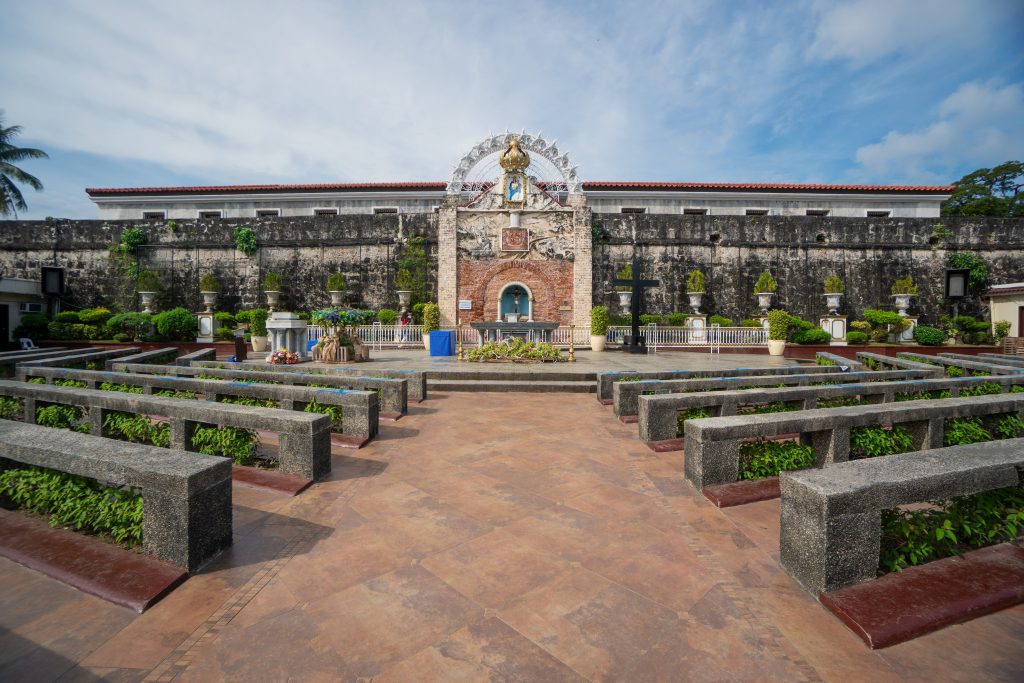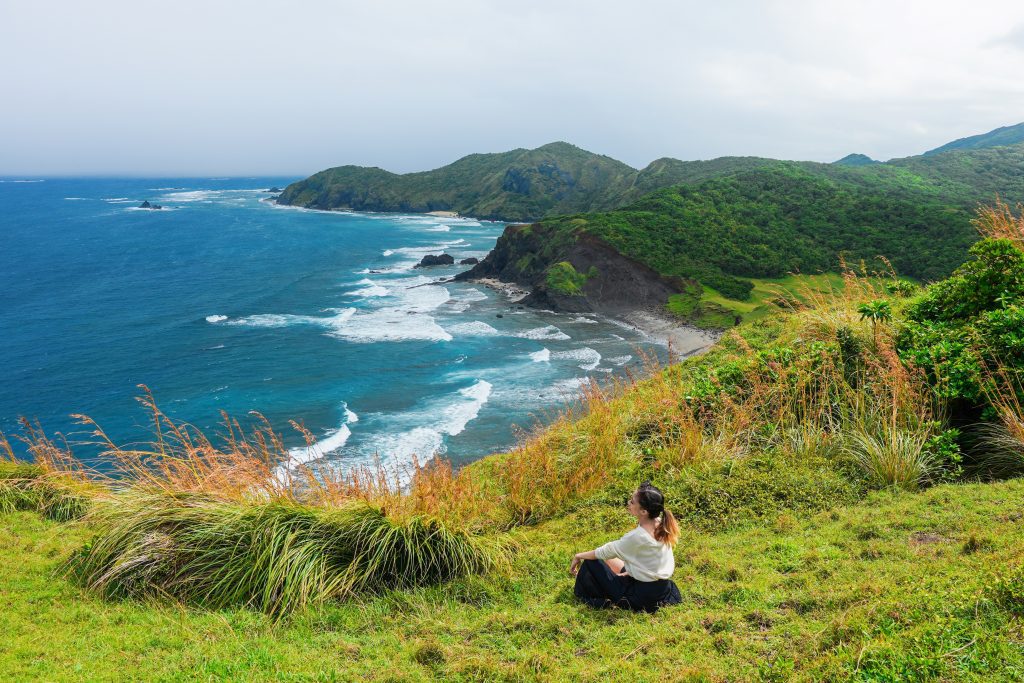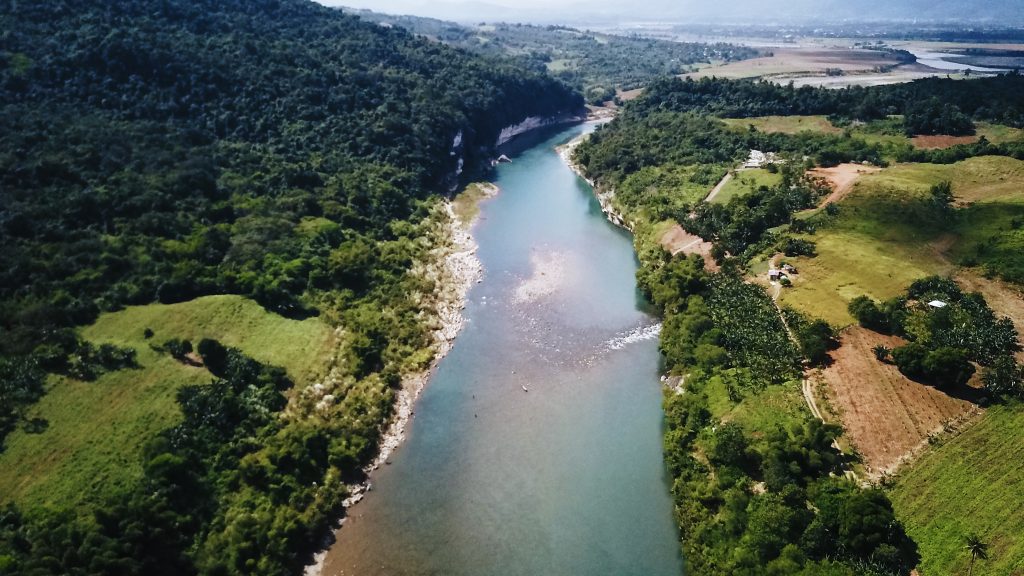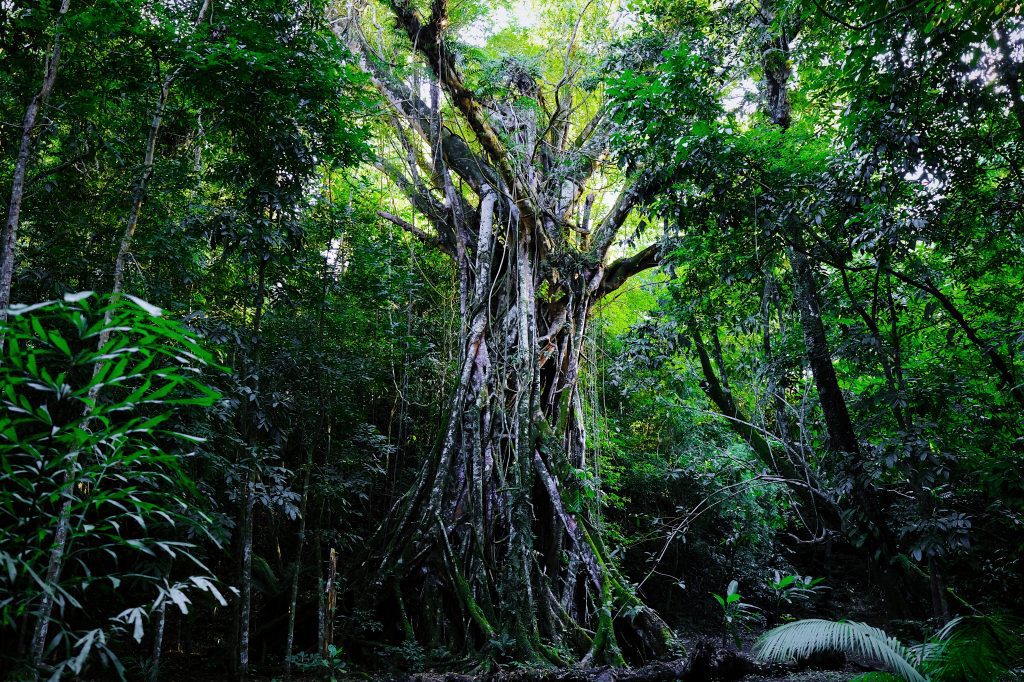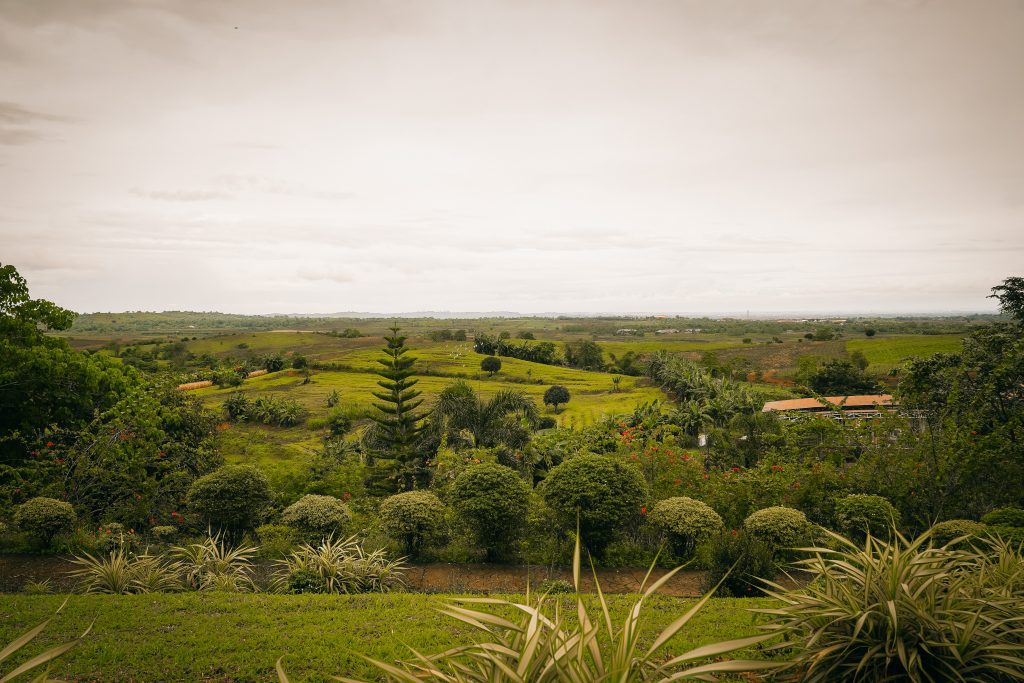
Region 12 is best known for its waterfalls, rolling hills, and hidden cultural treasures – but it’s time that we also explore, and experience, their booming agri-tourism industry.
The region, called Soccsksargen and locally known as SOX (an acronym for the four provinces of South Cotabato, Cotabato, Sultan Kudarat, Sarangani and General Santos) is filled with incomparable natural wonders like Lake Sebu, Sarangani Bay, and the highest peak in the Philippines, Mt. Apo.
There is also the Philippine cultural treasure that is the T’nalak cloth, woven from abaca fibers, and designed by masters from the T’boli tribe in South Cotabato. There are beaches in Sarangani and Sultan Kudarat, and bird sanctuaries, Pawikan nesting sites, and Mangrove forests.
Perhaps most notable and overlooked of all, is the booming farm tourism in Soccsksargen. Before the pandemic, farm tourism had become a major attraction in plenty of provinces here in the Philippines. There is booming farm tourism in Cavite, with their botanical gardens and gourmet farms, and in Laguna, where dairy farms in Los Baños and agricultural parks in Cavinti attract city folks to experience nature firsthand. Region 12, SOX, has all of these, and more. Apart from giving increased awareness about the environment and its conservation, farm tourism provides more revenue streams for farmers, which is why travelers should give Soccsksargen a try. Furthermore, agritourism affords people a chance to meditate and relieve stress and anxiety by breathing in fresh air and communing with nature.
Farm tourism also helps to preserve native lifestyles and maintain cultural traditions, as agriculture has a deep rooted synergy with the rural way of life.
For the avid traveler, there are a number of SOX Farm Tours to choose from. Here’s a list of the most notable tours in the region.
SOX FUN FARM TOURS – 2-3 days. Budget: Varies, Php 1,000 to Php 3,000
The highlight of the farm tourism theme of the SOX circuit, Region 12 is home to a lot of exceptional Farm Tourism destinations.

Most notable is the Felicidad Orchard and Garden Organics, which pioneered vermiculture (worm composting) in Mindanao. The farm is now being developed as an educational destination for students, teachers, and organic/natural farming enthusiasts.

The owner, retired pilot Captain James Reamon, inherited the three-hectare banana farm from his father. After which, the pilot converted the area into a more holistic operation by planting both endemic and non-endemic plant species.
Today, the farm has 16 varieties of bananas and various fruits and vegetables like papaya, pomelo, langka, arugula, romaine lettuce, and cucumber.

In nearby Tupi Fruit Park, located along the National Highway, one can see why Tupi is called the “Fruit Basket ” of South Cotabato. Here, fresh produce is available straight from the farm. The stalls of Tupi Fruit Park are filled to the brim with bananas, pineapples, dragon fruits, mangoes, guavas, avocados, and more. There’s also lanzones, rambutan, jackfruits, santol, and durian.

After shopping, guests would often take pictures of Mt. Matutum, which is just behind the fruit stalls. Matutum is a volcano that stands at more than 7,000 ft., and is a popular hiking spot for tourists and locals alike.
Sebul Organic Farm is the brainchild of William and Mayette Sy, two ardent promoters of organic agriculture in Lake Sebu. Their farm is ATI (Agricultural Training Institute) accredited, which means they help in teaching local farmers new methodologies and technologies.

Since it is located in the highland of Lake Sebu, it has both clean, fresh air and wide mountain views in abundance.
Apart from being a teaching institute, Sebul Farms also offers cottages (at Php 3000, a day) where guests can stay and experience true farm living. Hearty home-cooked meals are served daily, like fried tulay fish, nilagang baboy, fresh shrimp, and their famous signature drink, made with pandan extract, lemongrass or tanglad, and ginger.
SCC Nature Farm takes guests to a more resort-like surrounding, compared to the nature-infused vibes of the previous destinations. Located at Midsayap, North Cotabato, SCC Nature farm features air-conditioned rooms, a swimming pool, and venues for weddings and corporate outings. There are also life-size animal statues and parks decorated with trees and wildflowers.

Organikian Urban Farm and Cafe in Koronadal City, South Cotabato, focuses more on hydroponics, which is the art of gardening or farming without soil. The property is strewn with tents, and inside, various herbs and vegetables are grown, like lettuce, celery, bok choy, capsicum, and arugula.
Organikian is also well-known for their cafe, which serves Protein Bowls made with black rice, scrambled eggs, nori flakes, beans, avocado and mushrooms. There’s also the Jarjir Salad, made of arugula, singkamas, flaxseed, and cocoa vinegar. Almost all the ingredients used in their restaurant are, of course, sourced from their farm.

Gabay-Bayawanon Integrated School in Magpet, Cotabato, is a newly accredited DOT farm school, and was conceptualized by LTC Rey T. Alvarado INF, PA, Commanding Officer, 72IB and Ms. Donabelle S. Cabaya, school administrator of Green Kings Technical Institute Corporation (GKTIC).

The establishment offers Technical-Vocational Education Trainings for local farmers and is an ATI learning site; it is also TESDA accredited. Like the other educational and tourism centered farms in our list, Gabay-Bayawanon Integrated School offers a plethora of activities for students and tourists like:
- Goat petting
- Vegetable picking
- Turkey petting
- Farm tours

Apart from the tour and activities, guests can also request organic dishes straight, with ingredients derived from the farm itself. Guests can also buy organic native chickens, rabbits, vegetables, and fruits.
For inquiries, you may contact DOT Accredited Tour Operators at the Department of Tourism website.
Travel safely!
All tourist destinations in Eastern Samar have health and safety protocols in place to protect locals and visitors alike. Everyone is expected to comply by wearing face masks, regularly washing their hands, and practicing physical distancing.
To check out up-to-date information regarding local destinations that are open and the safety protocols and requirements needed for each location, you may visit www.philippines.travel/safetrip or download the Travel Philippines app at app.philippines.travel or the Google Playstore.
All passengers entering General Santos City will need to get a QR Code from the City Contact Tracing Website or from the COVID-19 Contact Tracing System (CCTS) which shall be scanned by authorized persons.
For the latest advice, information and resources, you may check and visit each LGU’s website or Facebook pages:
- General Santos City – https://www.facebook.com/LguGensan
- Lake Sebu – https://www.facebook.com/profile.php?id=100069254107931
- Midsayap – https://www.facebook.com/midsayaptourismofficial
- Koronadal City – https://www.facebook.com/CityGovernmentofKoronadal
- Magpet – https://www.facebook.com/municipalityofmagpet


